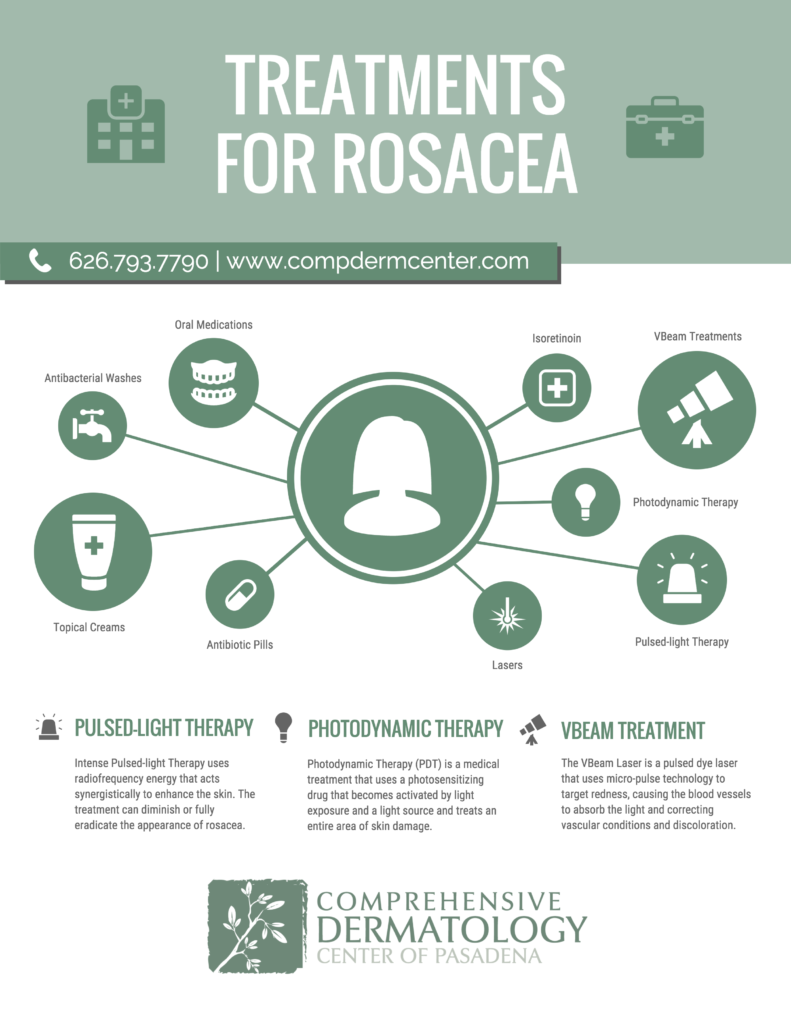Amidst The Myths Regarding Acne, Uncover The Shocking Realities That Can Alter Your Skin Care Routine Permanently. What Really Creates Your Outbreaks?
Amidst The Myths Regarding Acne, Uncover The Shocking Realities That Can Alter Your Skin Care Routine Permanently. What Really Creates Your Outbreaks?
Blog Article
Short Article Developed By-Joyner Beyer
You may think that enjoying chocolate or oily foods is the source of your acne, yet that's simply one of many misconceptions swirling around this common skin condition. In fact, acne mainly originates from clogged up hair roots, not your last dessert. Misconceptions like these can lead you to adopt ineffective skin care techniques that might even aggravate your scenario. As you browse the realities behind acne, you'll discover understandings that might change your approach to skin care and help you accomplish more clear skin. So, what actually lies below the surface area?
Common Myths About Acne
When it involves acne, many individuals believe in usual misconceptions that can bring about confusion and irritation. One prevalent misconception is that eating chocolate or oily foods creates acne. While diet regimen can affect skin wellness, the straight web link between certain foods and acne isn't as specific as several assume.
An additional common mistaken belief is that you need to scrub your face intensely to improve breakouts. In truth, hostile rubbing can irritate your skin and worsen acne.
You may also think that acne just influences young adults, but grownups can experience it too, often due to hormonal adjustments or stress. Some individuals assume that tanning can clean up acne, yet sunlight direct exposure can actually lead to skin damages and intensify outbreaks in the future.
Finally, many believe that utilizing severe products will certainly eliminate acne rapidly. However, these products can remove your skin of its natural oils, resulting in increased irritation and more outbreaks.
Scientific Information Behind Acne
Understanding the clinical facts behind acne can empower you to tackle this common skin problem more effectively.
Acne takes place when hair roots come to be obstructed with oil, dead skin cells, and microorganisms. This procedure typically begins with an overflow of sebum, the oil your skin normally generates. Hormonal adjustments, specifically during the age of puberty or menstrual cycle, can trigger this excess oil.
Microorganisms called Propionibacterium acnes prosper in these blocked pores, causing swelling. When your body immune system reacts, it can cause soreness and swelling, resulting in those annoying pimples or cysts.
Genes also play a role; if your parents had acne, you may be a lot more prone to it.
Diet regimen and stress and anxiety degrees can influence acne too, however study is still developing in these areas. While indulging in greasy foods won't straight cause outbreaks, a balanced diet can support your skin health.
Furthermore, handling stress and anxiety can reduce hormone changes that may intensify acne.
Tips for Managing Acne
Managing acne effectively requires a combination of daily skin care behaviors and way of life adjustments. Beginning by developing a consistent skin care regimen. Cleanse your face twice a day with a mild, non-comedogenic cleanser to get rid of dirt and excess oil. Avoid rubbing as well hard, as this can irritate your skin and worsen acne.
Next, incorporate products having salicylic acid or benzoyl peroxide to aid protect against breakouts. Constantly follow up with a light-weight, oil-free moisturizer to maintain your skin hydrated. Do not fail to remember sunscreen; choose non-comedogenic alternatives to shield your skin from UV damages without obstructing pores.
Beyond skincare, pay attention to your diet. Limit sweet and oily foods, and focus on fruits, vegetables, and whole grains. Staying moisturized is vital, so beverage lots of water throughout the day.
Additionally, handle stress and anxiety through tasks like yoga, meditation, or exercise, as stress can activate breakouts.
Finally, stay clear of selecting or standing out acnes. This can lead to scarring and further inflammation. If how long after botox can you lay down persists, get in touch with a skin specialist for tailored therapy choices.
Final thought
Finally, it's necessary to separate reality from fiction when it pertains to acne. By debunking typical myths, you can much better understand your skin and make notified options for your skincare regimen. So, why remain to count on obsolete ideas when the fact can equip you? Embrace healthier routines, focus on gentle cleansing, and remember that managing acne is a journey. With the ideal expertise, you're one action more detailed to clearer, much healthier skin.
